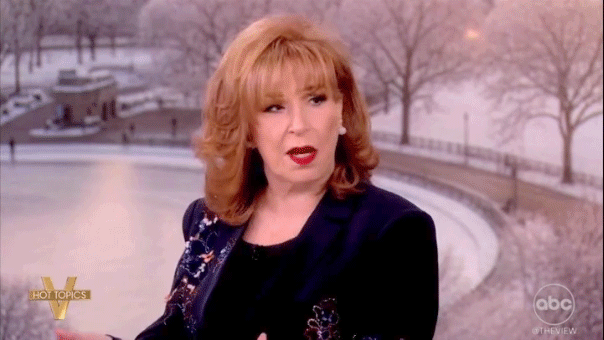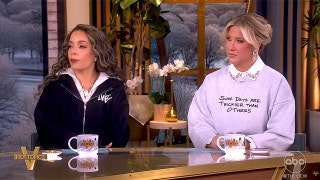Amber Nicole Thurman was a 'victim of high-risk abortion drugs': Dr. Christina Francis
Dr. Christina Francis, CEO of the American Association of Pro-Life Obstetricians and Gynecologists, discusses the circumstances surrounding the death of Amber Nicole Thurman on 'Fox & Friends Weekend.'
Priscilla Hurley, who survived her mother's attempt to abort her life in the womb, elected to have an abortion at the age of 19 and 25 and worked at an abortion clinic for three years before she decided to take a different direction in life.
Hurley now works with the organizations "And Then There Were None" and "The Abortion Survivors Network," sharing her story of the trauma she experienced as a survivor, participant and provider of abortion. She now has three children and 11 grandchildren.
"Probably at least 7,000 babies were taken during my time as an abortion clinic worker, so those things in my heart had to be reconciled," Hurley told Fox News Digital. "A lot of forgiveness, a lot of healing."
"My story did start in the womb, when my mother was pregnant with me," she said. "That was my first experience with abortion."
Hurley's mother, who was widowed with four children, panicked in the second trimester of her pregnancy because she didn't have enough support around her. So, she found somebody to attempt a surgical abortion to "end her problem."
"That's a familiar justification for many women today, as they continue to use abortion as a matter of solving a problem," she said. "She [her mother] said that both she and the doctor thought it was probably a twin, my twin, whose life was taken that day," Hurley said of the attempt to abort her in the womb.
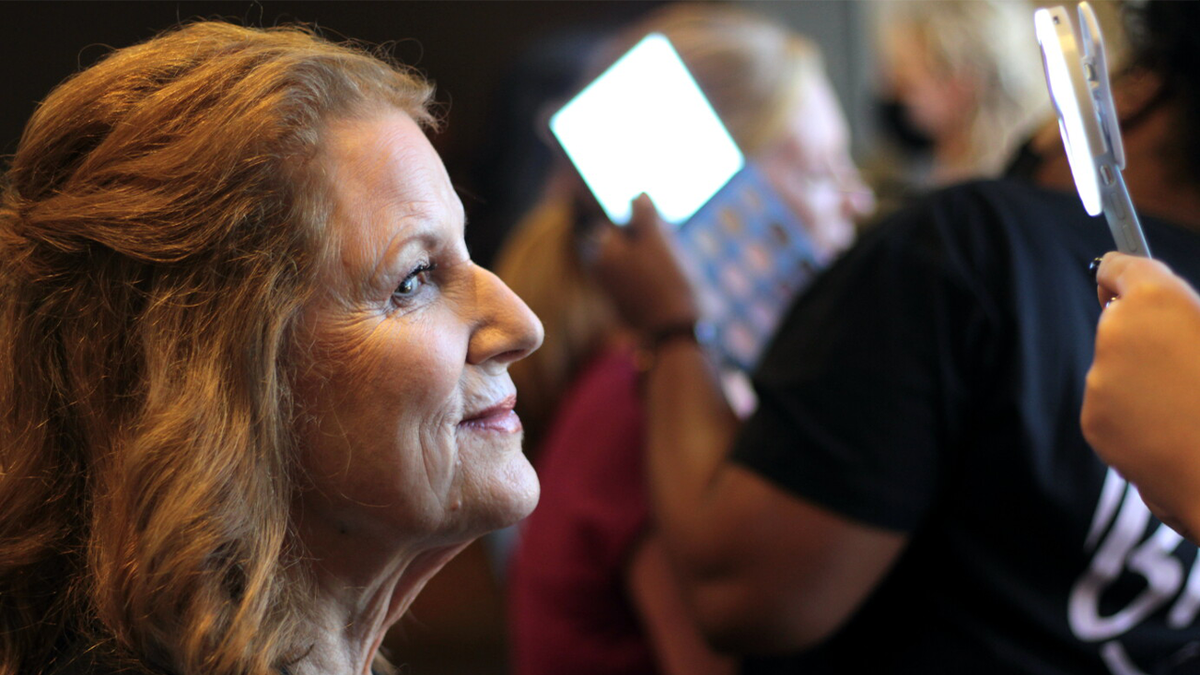
Priscilla Hurley (Priscilla Hurley)
The first time Hurley got pregnant, she was a 19-year-old college student. She went to her mom and stepfather looking for answers, and they arranged for her to get her first abortion.
"It was not legal yet federally, it was legal in California, but it was under a general anesthetic," she said. "I had no conscious memory of it, but I went into the hospital pregnant, came out not pregnant again."
"I was really devastated as I look back … I went back to college and my life kind of got out of control at that point, really out of control," she said.
Hurley got pregnant again after Roe v. Wade, but her abortion was a "different experience" the second time around.
"It was devastatingly painful because it was a local anesthetic, the popular procedure done surgically, but with a vacuum aspiration, so you're conscious, you're awake, and I realized at that point that something really devastating had occurred," she said.
"I was really a wounded woman at this point," she added. "I was traumatized and wounded, and I was acting out in rebellious ways."
But, even after her second abortion, Hurley thought that if she worked in the abortion industry, in a clinic, it could help other women not feel "so awful and alone" about electing to have an abortion. For three years, Hurley worked at a private women's clinic in San Francisco that received Planned Parenthood's overflow, where she and the other employees at the clinic relied on messaging that abortion would help women "fix a problem."
PRO-LIFE GROUPS SLAM HARRIS FOR UNCOMPROMISING ABORTION POSITION: ‘CHRISTIANS ARE NOT WELCOME'
"When I worked in the abortion clinic, we were standing over the women during the procedures and encouraging them," she recalled. "It was kind of twisted, but that's what we did. That was our job."
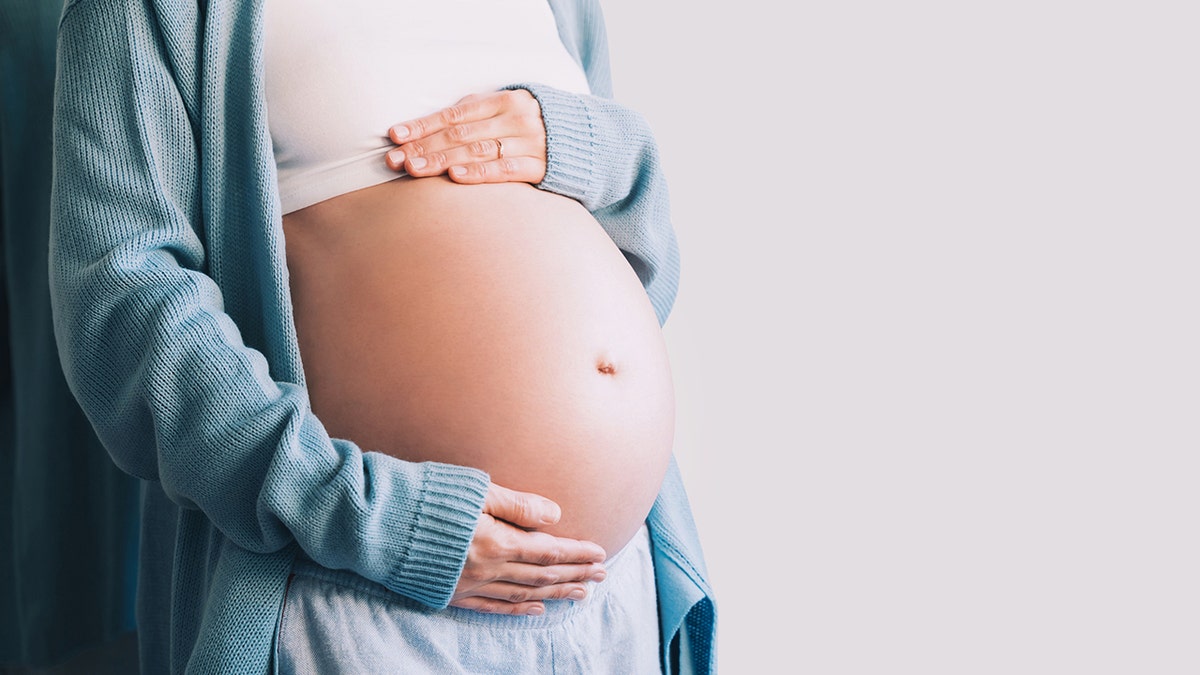
Pregnant woman holds her belly. (iStock)
Hurley said the abortion industry, as well as politicians, play a role in the messaging around abortion that leads to "fearmongering" among women, particularly those in "desperate situations."
"Because having worked in the industry and a lot of people will tell you this ... There's a dialog that goes on with women that come in, and one of them is you just kind of play into their fears already," she said. "You try to bring them in because abortion is money, so you've always got to come back to that."
She also said politicians like Vice President Kamala Harris and her former running mate Gov. Tim Walz are also part of the "money machine" that leads the messaging on abortion.
"When you talk about my body, my choice: 'Well excuse me, hello, I am a living human being that was once in the womb and whose life was threatened by abortion,'" Hurley said.
"Here's a person who you say is not worth living, they're not valued enough to have a right to live and yet, here I sit with a productive life, having to work out a lot of the trauma, but with a productive life, with children and grandchildren," she said. "When you say abortion is good, you're cutting off generations of people. Generations."
Hurley said that if she had somebody there to support her when she was considering having her abortions, she might have made different decisions.
"Even though my parents thought they were doing the right thing, it hurt me so bad," she said. "When you think about what my mom went through, the decision she made to have an abortion, the trauma that brought on to her life, the trauma it brought on to my life before I was even born … my mother, she had nobody to talk to about it, and yet she participated in taking the life of her other child and mine, potentially."
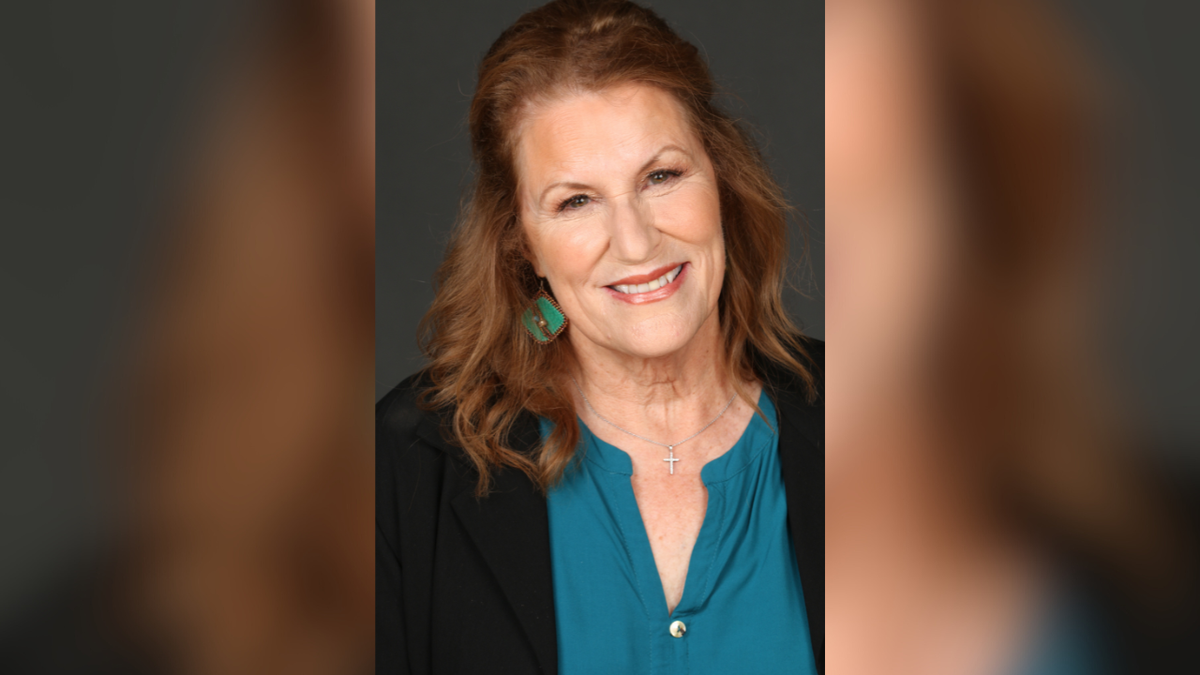
Priscilla Hurley (Priscilla Hurley)
"As I survived that, I have a unique testimony, as many abortion survivors do, that was me, that clump of cells, that fetus, whatever the pro-abortion folks want to say, that was me," she said.
Hurley suffered a near fatal car accident, which she described as divine intervention to get her attention. She got a job opportunity in Alaska and never looked back. Now, Hurley said her goal is to help women humanize their baby, and the worth of the child that they're carrying.
"I got pregnant again ... and I decided at that point that I had a master's degree. I was 30. Nobody was going to tell me to have another abortion," Hurley said.
"One of the responses to trauma is the submission to authority," she said. "As an abortion survivor, there's always that layer of, 'I'm not seen, I'm not valued' where you don't really think your voice matters. I finally found my voice at the age of 30, and I decided to have my son."
Hurley said that her work is part of her healing experience. She has joined a community of people that have similar experiences with abortion and its complications, even though the issue often isn't publicly discussed on a personal level.
"Women who see that sonogram and see their baby, see the heartbeat … seeing that on screen, it kind of makes you go from that place of, 'Gosh, that's not a human being, it's just a fetus, it's a clump of cells' to 'That's a beating heart, I can see the toes, I can see the fingers,'" she said.
"It took me a long time to reconcile those experiences, because I survived," she said. "My children didn't survive."



